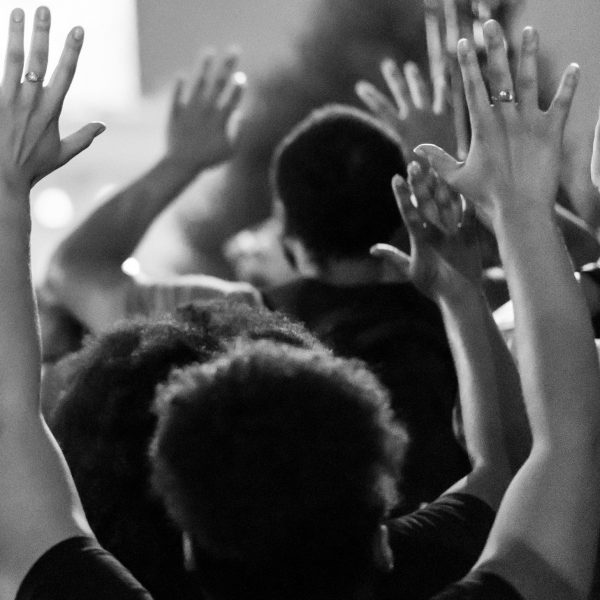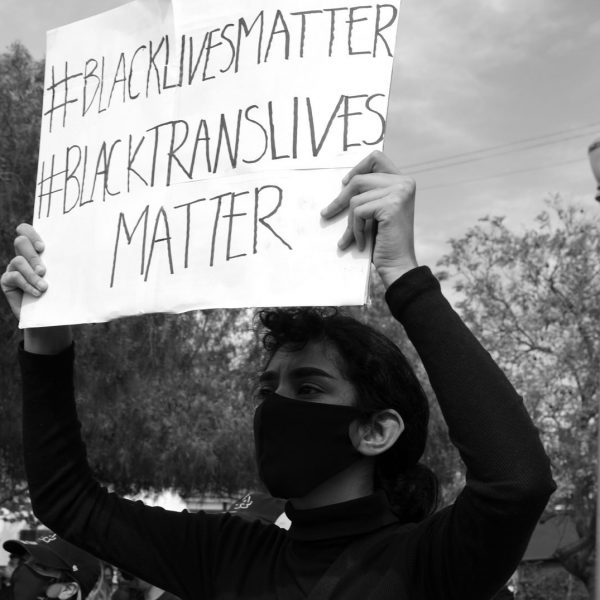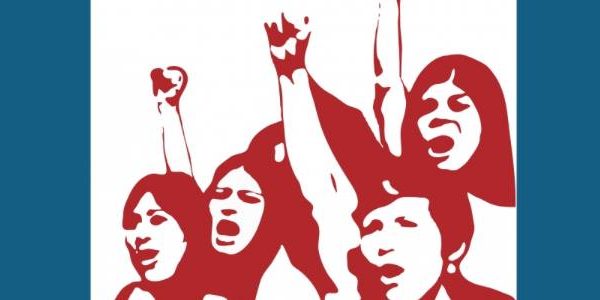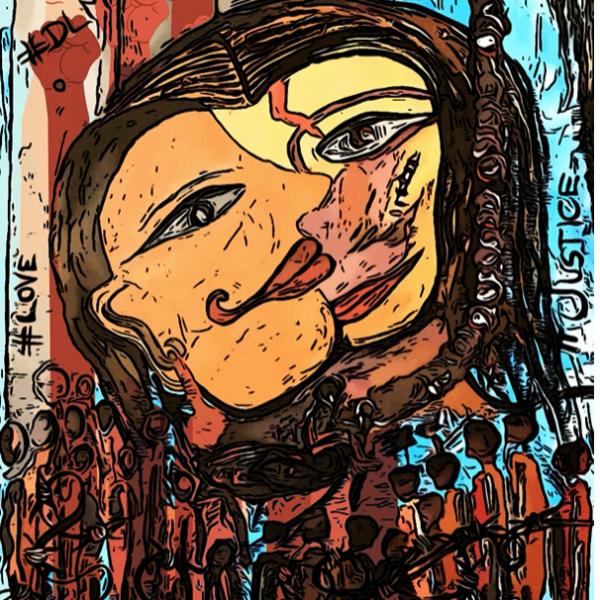
Song of Solomon 2:8-13 invites us to listen to the voices that are subjugated by systems of sexism, racism, xenophobia, bigotry, and the like. When love is forbidden, streets will be crowded, when love is forbidden, widows will be broken, when love is forbidden, resilience is inevitable.

Blaming Covid 19 on the World Health Organization or on a lab in China and calling Black Lives Matter “radical leftist extremists” follow the American-populist playbook of responding to duress by targeting an alien “other” who have wronged “us” and whom “we’re” right to combat with force.

Native peoples in the Americas understand the universe as alive and sentient. All phenomena in it are understood to be a distinct expression of life force, or spirit. Since all persons – human and other-than-human – such as plants, animals, rivers, winds, and mountains are expressions of spirit, they are understood to be interconnected and contingent.

Abraham did pass the test from God in this story, but not in the way it has been interpreted for so long. Rather, Abraham passed the test by hearing and obeying the voice of the true God at the end, telling him to stop.
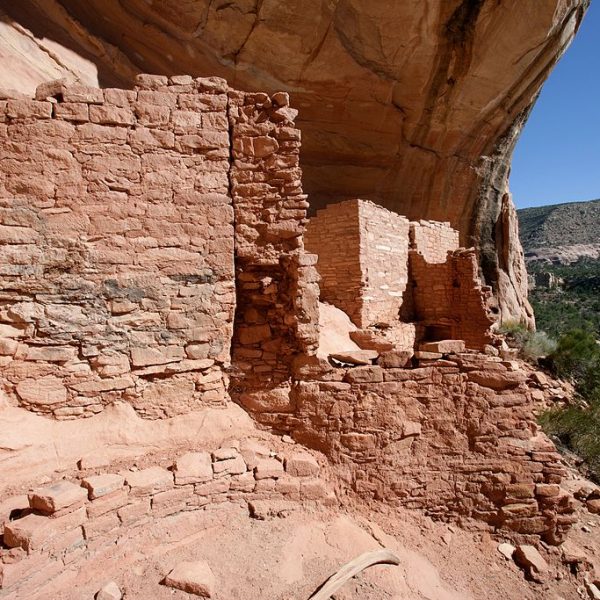
I am interested in exploring and critiquing the discursive implications of designating this area as wilderness, given the history of this idea and its role in dispossessing Indigenous communities.

While not often recognized as political theology proper, environmental justice movements have for decades been sites of normative creativity. Sometimes overlooked as conventional rights-based complaints against locally unwanted land uses, these movements have in fact depicted ecologies of white supremacy while deploying rights, sacralizing land, and reimagining the human in ways that would utterly reconstruct the basis of politics.


